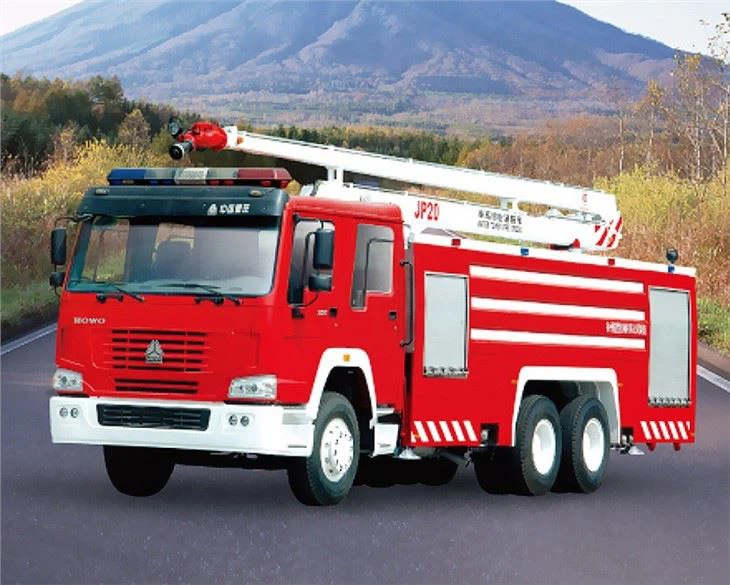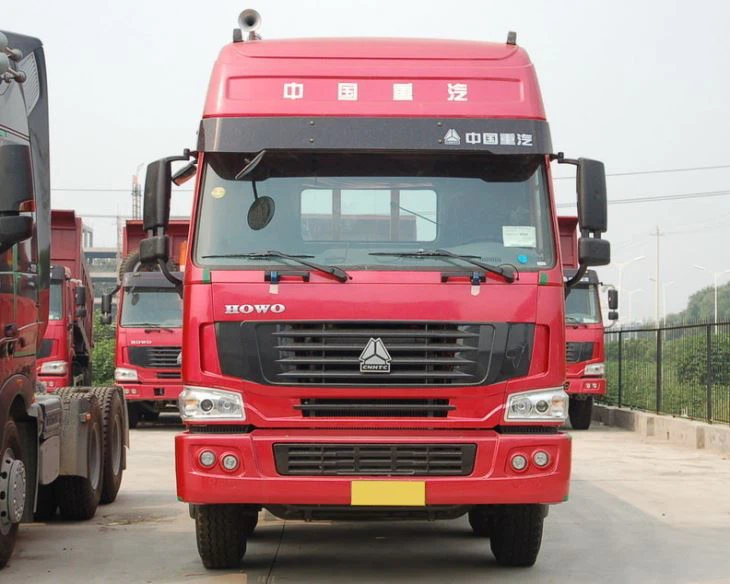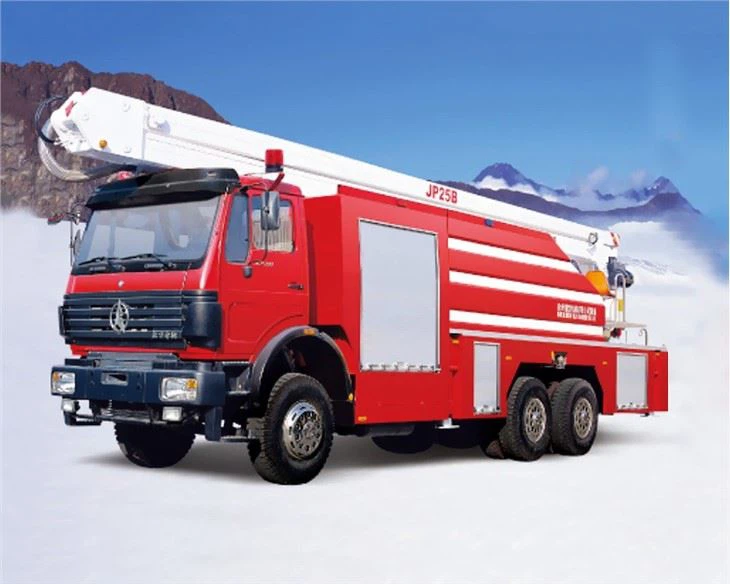Understanding the Five Tonne Truck: Comprehensive Insights and Practical Tips

Introduction
The five tonne truck is a versatile vehicle that plays a crucial role in various industries, from construction to logistics. Designed to handle heavy loads while maintaining efficiency, this type of truck can be indispensable for businesses needing reliable transport for goods and materials. In this article, we explore the specifications, uses, benefits, and maintenance tips for five tonne trucks, providing a comprehensive overview for potential owners and operators.
1. What is a Five Tonne Truck?
A five tonne truck is a medium-sized truck capable of carrying up to 5,000 kilograms (or approximately 11,000 pounds) of cargo. It’s commonly used for a range of applications, including delivery services, landscaping jobs, and moving households or offices. Understanding the characteristics of this truck type can help businesses make informed decisions on their transportation needs.
1.1. Types of Five Tonne Trucks
Five tonne trucks come in various configurations, catering to different transport needs:
- Flatbed Trucks: Ideal for transporting oversized items such as building materials.
- Box Trucks: Enclosed cargo space provides protection from weather conditions.
- Refrigerated Trucks: Used for transporting perishable goods.
- Drop-side Trucks: Equipped with sides that drop down for easy loading and unloading.
2. Key Features of Five Tonne Trucks
The performance and functionality of a five tonne truck are influenced by various features. Here are some notable aspects:
2.1. Payload Capacity

The nominal payload capacity typically hits around 5,000 kg, but variations exist among different models and manufacturers.
2.2. Engine Specifications
Most five tonne trucks are equipped with diesel engines for efficiency, with performance metrics usually around 150 to 200 horsepower.
2.3. Dimensions
Dimensionally, five tonne trucks generally have a length ranging from 6 to 8 meters, width of around 2.5 meters, and height varying from 2.5 to 3.5 meters.

3. Benefits of Using a Five Tonne Truck
Utilizing a five tonne truck presents numerous advantages for businesses and individuals alike:
3.1. Versatility
These trucks can be used across multiple sectors to transport different types of goods, making them a cost-effective solution.
3.2. Fuel Efficiency

Modern trucks are designed to offer better fuel efficiency compared to larger vehicles, ensuring operational costs remain manageable.
3.3. Maneuverability
The size of a five tonne truck allows for easier maneuvering in urban settings, where larger trucks may struggle.
4. Practical Applications of Five Tonne Trucks
The practical applications of five tonne trucks are diverse:
4.1. Construction Industry
In construction, these trucks are often used for transporting tools, equipment, and construction materials. Their ability to handle heavy loads makes them essential for site logistics.
4.2. Moving Services
Five tonne trucks are popular among moving companies for transporting goods between homes. Having sufficient cargo space ensures safe and efficient moves.
4.3. Delivery Services
They are also utilized in the logistics sector, particularly for last-mile deliveries, where maneuverability and payload are crucial.
5. Choosing the Right Five Tonne Truck
Selecting the right five tonne truck hinges on several considerations:
5.1. Identify Your Needs
Assess the maximum weight and type of cargo you will transport. Understanding your requirements will guide your choice.
5.2. Compare Models
Review various models and brands to compare features, including fuel efficiency, maintenance costs, and user reviews.
5.3. Consider Leasing vs. Buying
Determine whether leasing or purchasing a truck suits your financial situation and how frequently you will use it.
6. Maintenance Tips for Five Tonne Trucks
To ensure your five tonne truck remains reliable and efficient, regular maintenance is crucial:
6.1. Regular Inspections
Conduct regular inspections to check for wear and tear on tires, brakes, and lights.
6.2. Oil Changes
Frequent oil changes help maintain engine performance. Follow the manufacturer’s recommendations for intervals.
6.3. Cleanliness
Keep both the exterior and interior clean to prevent rust and maintain a healthy working environment.
7. Cost Considerations for Owning a Five Tonne Truck
Understanding the costs involved can help in planning your budget:
7.1. Initial Purchase Price
Prices for five tonne trucks can vary significantly based on make and model, typically ranging from $30,000 to $70,000.
7.2. Insurance Costs
Insuring a commercial vehicle can be higher than personal vehicles. Shop around for competitive insurance rates.
7.3. Fuel Expenses
Calculate projected fuel costs based on expected mileage and fuel efficiency to better manage operating expenses.
8. Common Challenges of Operating a Five Tonne Truck
Being aware of potential challenges can prepare truck operators:
8.1. Driver Requirements
Licensing and training can vary by region, with certain jurisdictions requiring specific licenses for operating larger vehicles.
8.2. Road Restrictions
Understand highway and road regulations that may affect the transportation of heavy loads.
8.3. Maintenance Costs
While operational costs can be managed, maintenance can be unpredictable, necessitating budgetary planning.
9. Common Misconceptions about Five Tonne Trucks
Addressing common misconceptions can help clarify their value:
9.1. Five Tonne Trucks Are Just for Heavy Loads
While designed for heavy items, they are also excellent for smaller cargo types due to their versatility.
9.2. They Are Too Big for Urban Use
With good design, five tonne trucks can navigate city streets and parking lot constraints effectively.
9.3. Operating Them is Expensive
Although the initial purchase can be high, their fuel efficiency and versatility often result in lower overall costs.
10. Future Trends in the Five Tonne Truck Market
The truck industry is evolving with new technologies and regulations:
10.1. Electric Five Tonne Trucks
Emerging electric models promise lower operating costs and reduced environmental impact.
10.2. Advanced Safety Features
Modern five tonne trucks are increasingly equipped with advanced safety features, such as lane assist and automatic braking systems.
10.3. Connectivity and Telematics
Integration of telematics systems allows for better fleet management and tracking capabilities.
FAQ Section
1. What is the average cost of a five tonne truck?
The average cost ranges from $30,000 to $70,000 depending on the make, model, and condition of the truck.
2. Do I need a special license to drive a five tonne truck?
Regulations vary by region; some locations may require a commercial driver’s license (CDL).
3. Can I lease a five tonne truck?
Yes, leasing options are available and can be a beneficial alternative to purchasing, especially for short-term needs.
4. How often should I service my five tonne truck?
It’s recommended to adhere to a regular service schedule based on mileage and manufacturer’s guidelines, usually every 5,000 to 10,000 kilometers.
5. What kind of loads can a five tonne truck carry?
A five tonne truck can carry a wide variety of loads, including furniture, construction materials, and pallets of goods.
6. Are five tonne trucks fuel-efficient?
Yes, compared to larger trucks, many models are designed for better fuel efficiency, making them suitable for city and highway driving.
